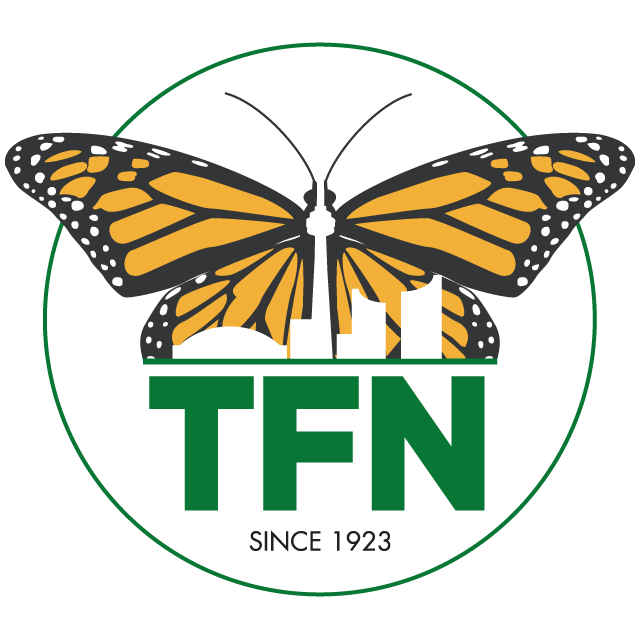Help preserve plants in our parks, ravines and natural spaces:
- Walk only on established trails. Compacted soil is not easily penetrated by plant roots and does not absorb water as well as loose soil.
- Don’t pick wildflowers. A plant cannot produce seed without flowers. Some plants take many years to accumulate enough energy to flower.
- Don’t harvest plants from natural areas. Plants can quickly become extirpated from overuse (for example, fiddle head ostrich ferns no longer grow in some Toronto ravines). When people harvest plants, they are no longer available for wild animals that may depend on them.
- Don’t dig up plants for your garden. This is theft and many plants die when transplanted.
- Don’t collect seeds. Many animals rely on seeds for food. If you wish to grow native plants in your garden, seeds and plants can be bought at local native plant sales.
- Don’t plant your own plants into natural areas! Garden plants may disturb native plants and sometimes become invasive.
Help to welcome wildlife in our city:
- Keep your distance from nesting birds and animals that may abandon their young if stressed by human presence. Use binoculars, blinds, etc.
- Move slowly and quietly around animals.
- Leave pets at home.
- Don’t use recorded birdcalls to attract birds.
- Don’t kill, harass or collect snakes or other animals.
- Don’t feed any wildlife.
- Never follow animals — allow them to move away from you.
- Don’t startle animals on purpose or flush them from their cover.
- For species-at-risk and threatened species: use special care, don’t share their locations, and consider not visiting them at all.
Promote natural history:
- Share your knowledge with others.
- Participate in conservation activities.
And finally:
- Do not litter.
- Do not enter private property without permission.

